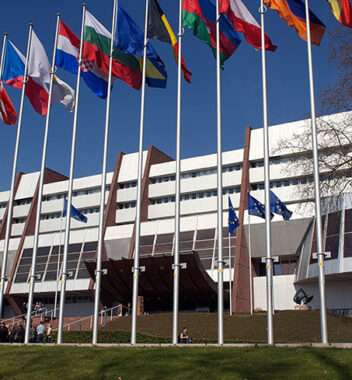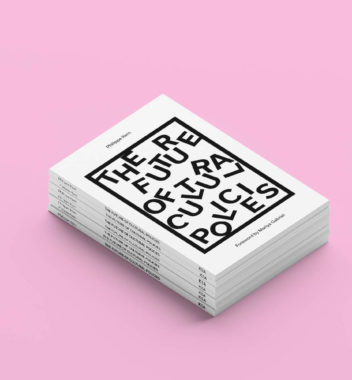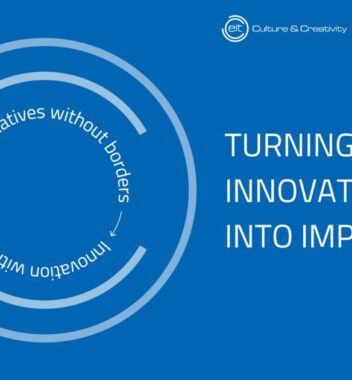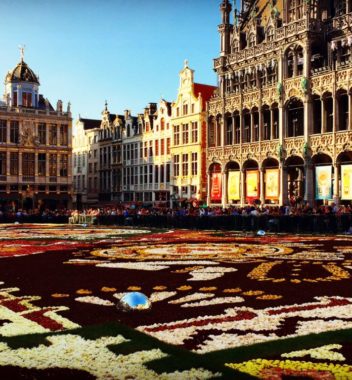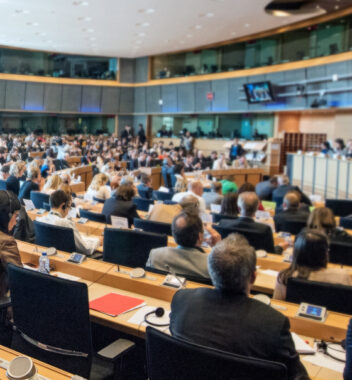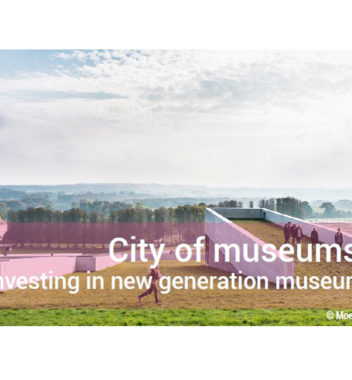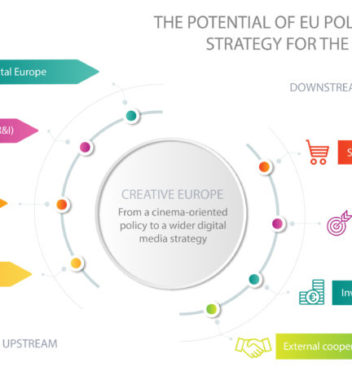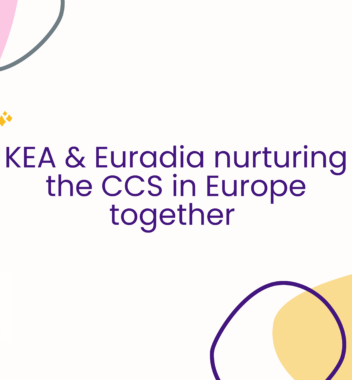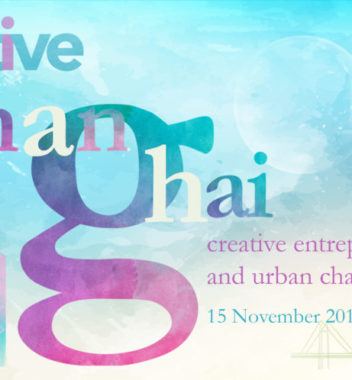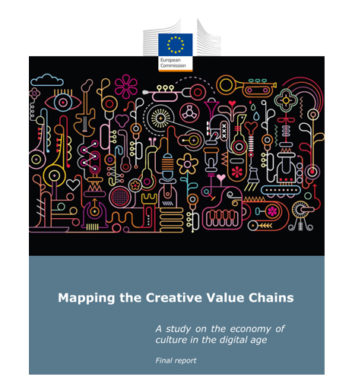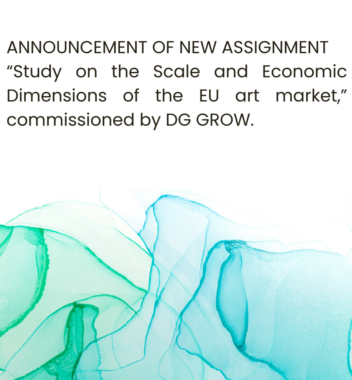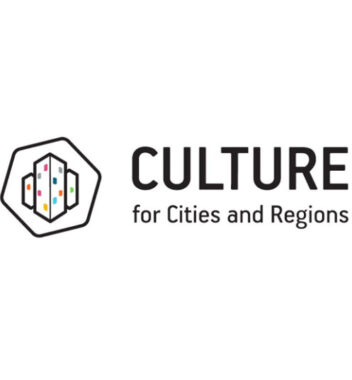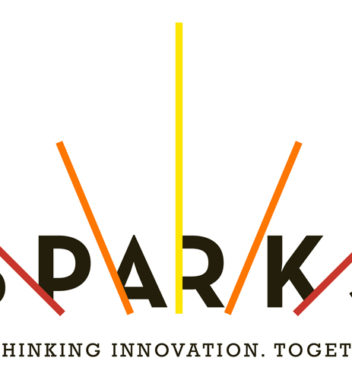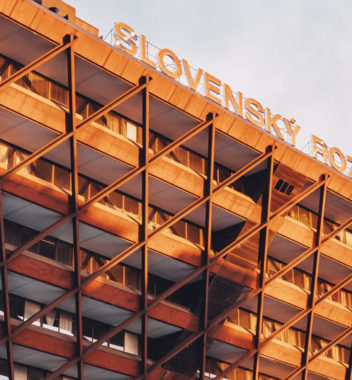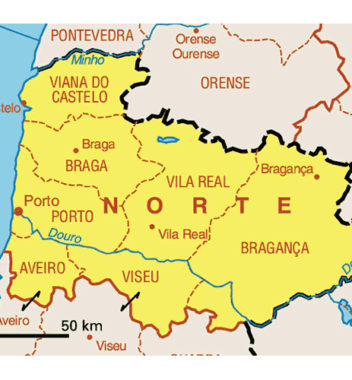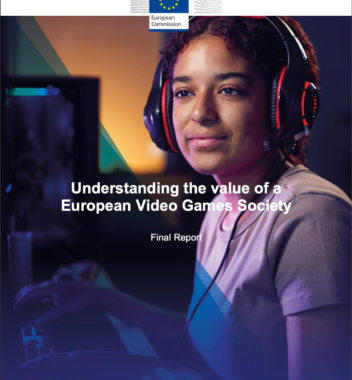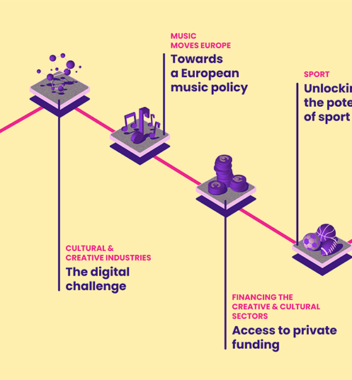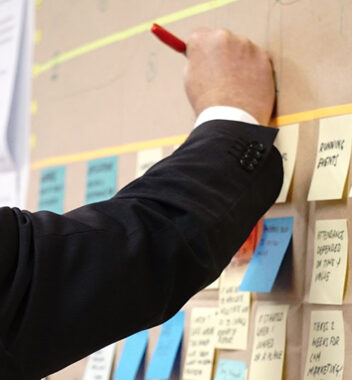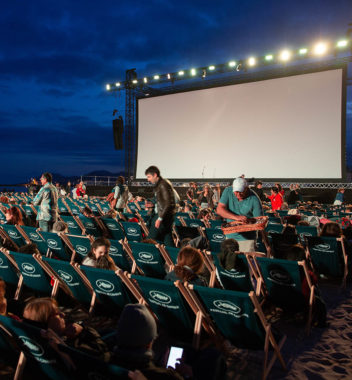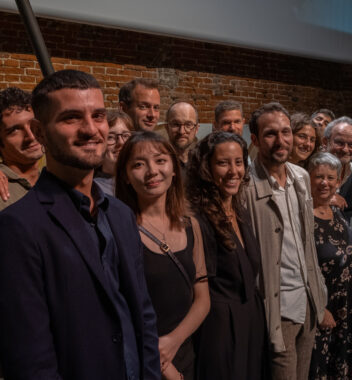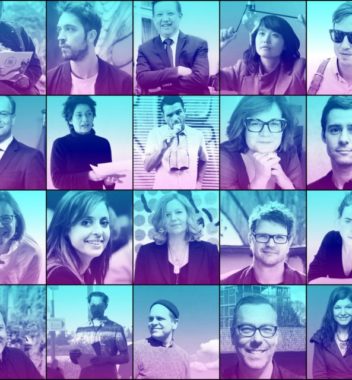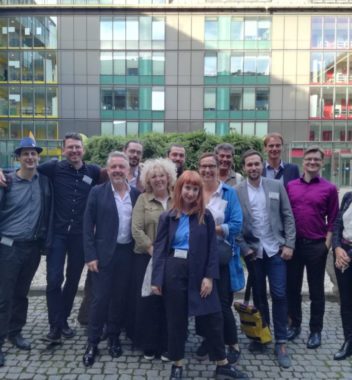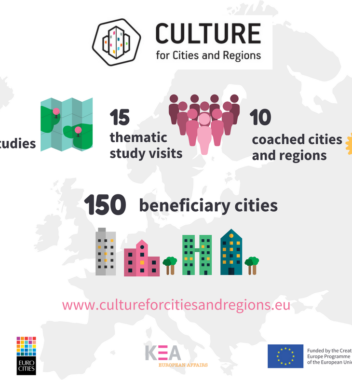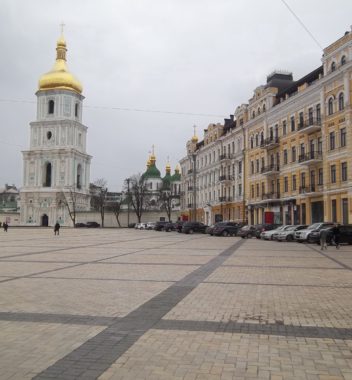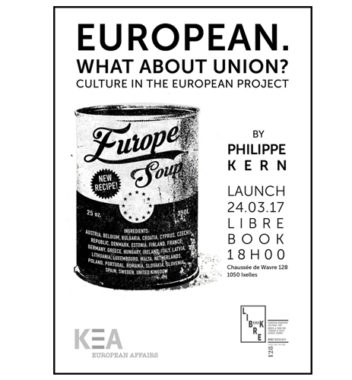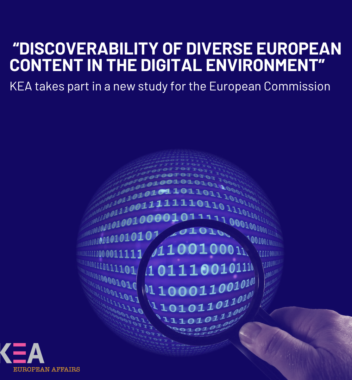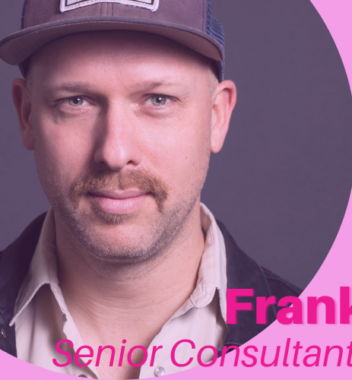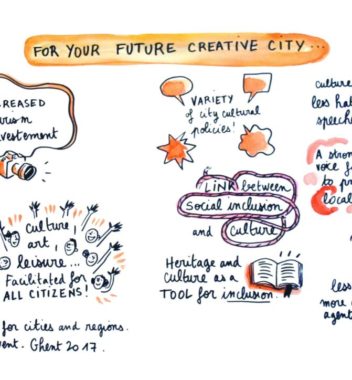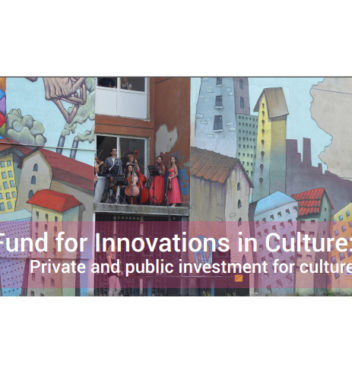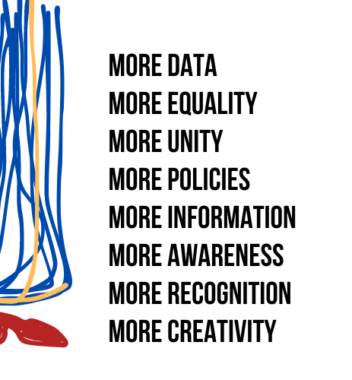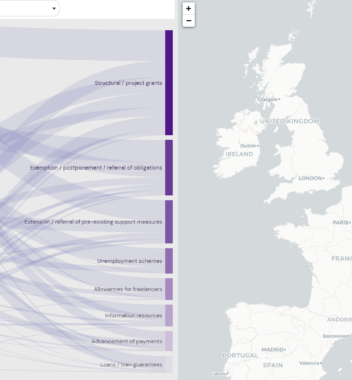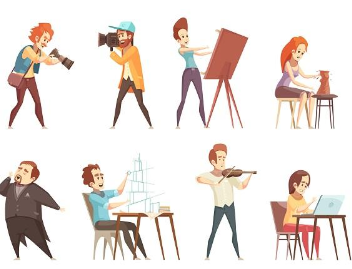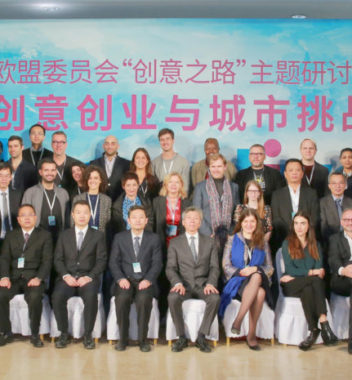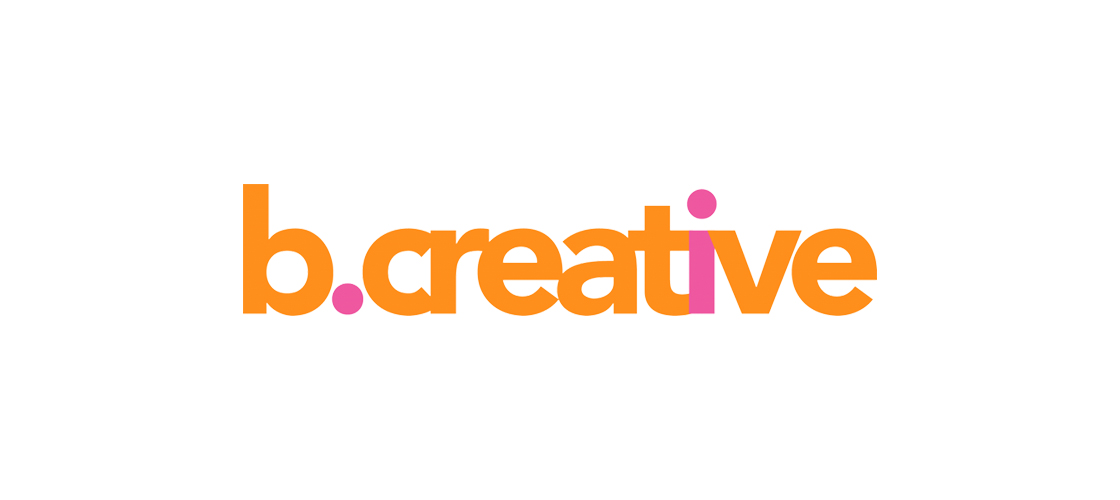
KEA reports on the ‘International mobility of creative entrepreneurs’ survey.
Conducted among members of the b.creative network in February 2018, the consultation will inform the development of a European Mobility Fund for Arts and Culture[1] from cultural and creative entrepreneurs’ point of view with the following main messages:
- Cultural and creative entrepreneurs call for improved mobility for market exploration and development, training workshops and networking events;
- Beyond existing mobility schemes for arts and culture, the European Mobility Fund should be designed to match cultural and creative entrepreneurs’ needs and practices;
- Administrative formalities need to be simplified to bring down barriers to mobility;
- Financial support to travel and cover training or events fees should be part of the future European Mobility Fund for Arts and Culture.
Individual entrepreneurs, representative of cultural and creative companies, public agencies supporting entrepreneurs in culture and the creative industries, creative hubs and incubators, co-working spaces, NGOs and festival organisers from 20 countries (covering the EU, Asia and North America) provided their input.
The sample includes professionals active mainly in performing and visual arts, design and fashion but also in books and press, heritage, music, crafts, film and video, architecture, advertising, luxury goods and working cross sectorial.
Creative entrepreneurs’ mobility practices
The most common types of mobility are in the first-place networking events (e.g. attending conferences) and festivals/performances/showcase events (respectively 67% of respondents), then attending training workshops (53%) and residencies or incubation (47%). Taken individually, all respondents representing a creative company have undertaken a mobility for market exploration and development in the past two years.

The survey informs that Europe remains the main destination (with the UK, Germany, France and Belgium as top destination countries) among respondents who took part in a mobility scheme during the past 2 years, followed by Eastern neighbouring countries (Ukraine, Serbia and Russia) and the MENA region (Morocco, Tunisia and Egypt).
Obstacles and needs
Most largely cited obstacles to international mobility remain administrative barriers, while the 2016 European Parliament’s Report on a coherent EU policy for cultural and creative industries explicitly mentions to ‘ease visa procedures for exchanges with third countries’ and calls for ‘the adoption or application of a number of coherent and comprehensive measures’ by EU Member States to facilitate the mobility of culture professionals (contracts, means of collective representation, social security, sickness insurance, direct and indirect taxation and compliance with European rules).
“I personally travel a lot for work, being lucky enough to live and work in Europe, where most of the opportunities are, and generally not having difficulties to obtain a visa when required. This is a very different situation with many artists I work with, who have to apply for a visa every time they come to Europe, have very little knowledge on how to access information for mobility and on how to write an application.”
Creative entrepreneur (music) from France
‘Lack of adequacy between existing mobility programmes for culture and creative professionals and entrepreneurs’ needs and activities’ come as the second hurdle to mobility pointed out by respondents. The future European Mobility Fund for Arts and Culture therefore needs to respond to this mismatch and propose an adapted mobility offer that correspond to the reality of creative entrepreneurs.
“As a freelancer/ early start up, mobility usually means funding it out of your own pocket (wage/ accommodation/ travel/ per diems/ cost of opportunity).”
Representative of a creative business (visual arts and design) from Denmark
The way to do so should be to improve access to market exploration and development – meeting new partners, investors, customers, etc. – as largely highlighted by respondents[2], facilitation of mobility for training workshops[3], and for networking events[4]. This should come along financial support or a scheme allowing to cover the fees that come along events and training programmes and that constitute an important share of the costs associated with international mobility.

“While Erasmus is a programme that does facilitate P2P exchanges, we need more funding for incubators (aka coverage of expenses like accommodation, catering, tutors’ fees etc.)- local Ministries shall also foresee a funding scheme for inbound and outbound travel for artists and creative professionals.”
Non-profit organisation (research, cultural policy, cultural tourism) based in Greece
To facilitate their international mobility, cultural and creative entrepreneurs most urgently demand support for travel and visa, as travel & accommodation constitute the main costs to be covered when undertaking international mobility (80% of respondents).
Cultural and creative entrepreneurs are a driving force of European creativity, innovation, growth and jobs. However creative entrepreneurship in Europe is hampered by the market fragmentation along cultural, linguistic and regulatory frontiers as well as by a lack of good market intelligence, pressure on existing business models, limited forward planning among SMEs in the cultural and creative sectors. Mobility exchanges for international networking, training and market exploration is therefore pivotal to address key challenges of the sector through internationalisation.
For further information, contact Clémentine Daubeuf cdaubeuf@keanet.eu
b.creative is a unique network of creative entrepreneurs worldwide with 2,500 professional contacts in culture and creative industries, including 305 creative spaces in 100 countries. The b.creative network brings together a global community to network, exchange ideas and share projects. Join the b.creative network on Facebook!
[1] Following the European Parliament’s Report on a coherent EU policy for cultural and creative industries (2016) there is renewed interest at European level to improve the mobility of CCIs workers within the EU and the exchange conditions with third countries; as well as to support the mobility of young innovators to promote innovation in the fields of culture and creation.
[2] 70% of all respondents, 75% of creative entrepreneurs, 100% of representatives of a creative company and 67% of agencies supporting creative entrepreneurship consider it a priority.
[3] 57% of all respondents, 56% of creative entrepreneurs, 67% of representatives of a creative company and 67% of agencies supporting creative entrepreneurship consider it a priority.
[4] 53% of all respondents.
Since 1999 KEA European Affairs has been advising territories, organisations and people to unlock the potential of cultural and creative industries.

